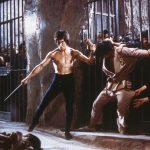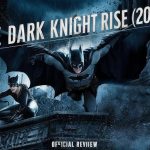🎬 Full Metal Jacket (1987)
- vansinh
- October 25, 2024
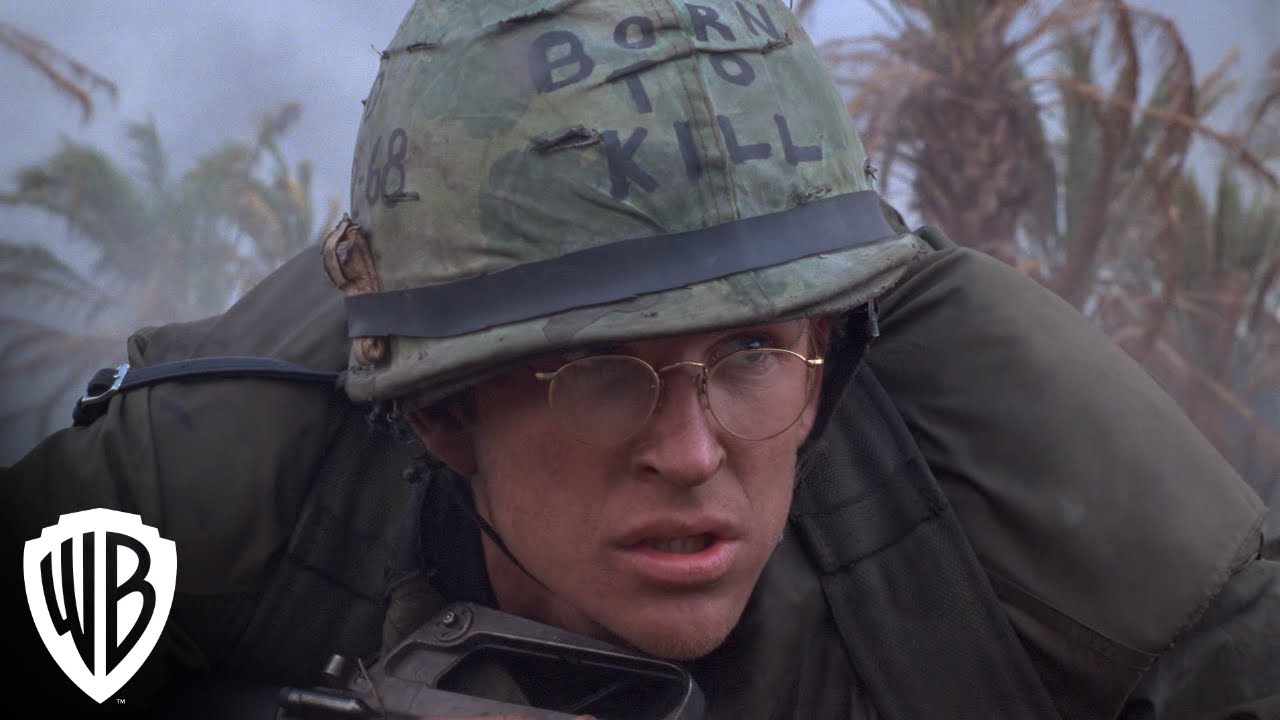
FULL METAL JACKET (1987)
Full Metal Jacket (1987), directed by Stanley Kubrick, is a powerful war film that explores the brutal realities of the Vietnam War and its psychological impact on soldiers. The film is structured in two distinct halves, each focusing on different aspects of military training and combat. 🎖️🔥
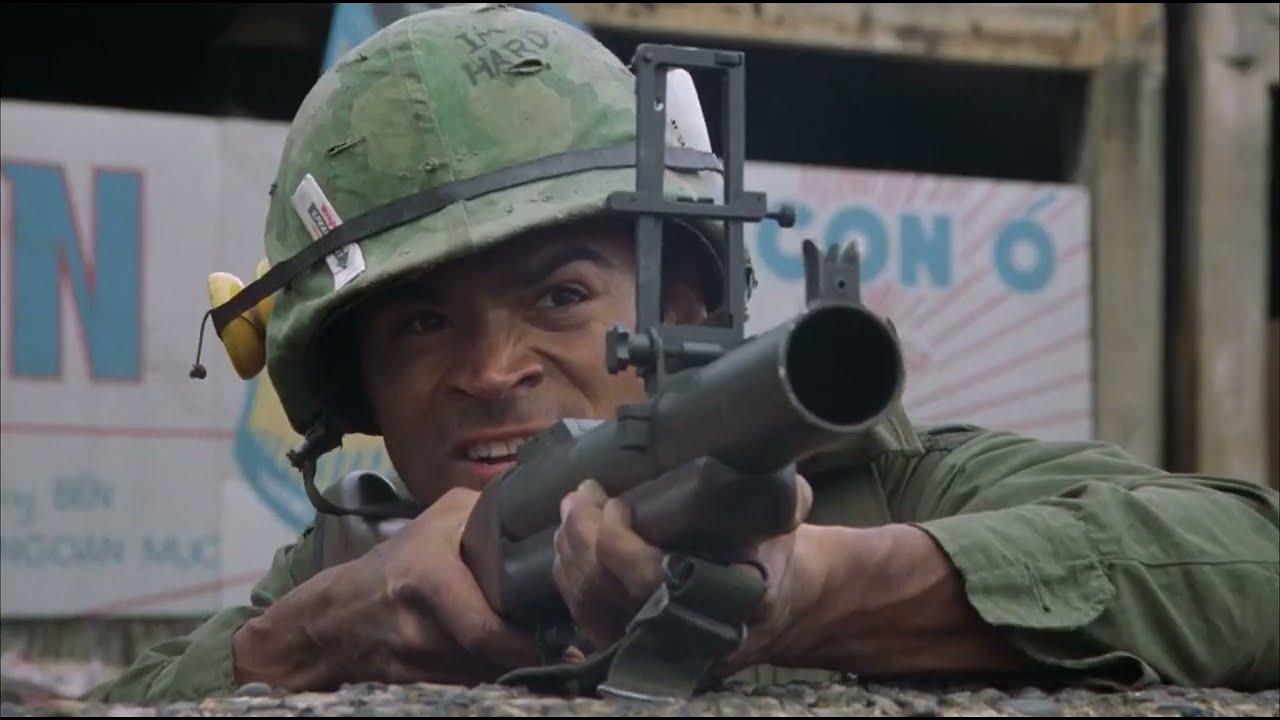
The first half of the film is set in a Marine Corps boot camp, where new recruits endure a grueling training regimen under the harsh and relentless Sergeant Hartman, portrayed by R. Lee Ermey. His performance is iconic, as he believably embodies the tough, no-nonsense drill instructor whose brutal methods aim to transform civilians into disciplined soldiers. The psychological intensity of boot camp is depicted with unsettling realism, showcasing the dehumanizing effects of military training. The recruits are subjected to relentless physical and verbal abuse, which serves to break them down and rebuild them as soldiers, ready to face the horrors of war. 💪⚔️
The focus shifts in the second half to the Vietnam War itself, following Private Joker, played by Matthew Modine, as he navigates the chaos and moral complexities of combat. This section of the film is marked by its stark contrast to the disciplined environment of the training camp, illustrating the chaotic and unpredictable nature of war. The narrative emphasizes the brutality of combat and the psychological toll it takes on soldiers, highlighting the disconnect between the idealism of military service and the harsh reality of warfare. 🌏💔
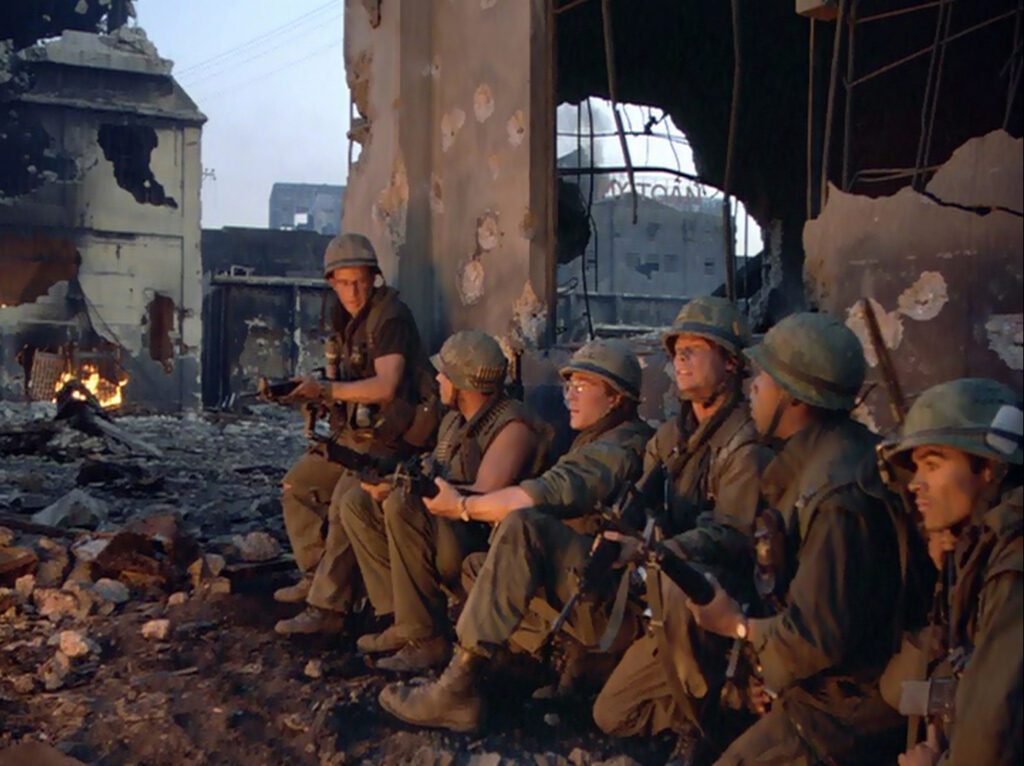 One of the film’s most memorable aspects is its critique of the media’s portrayal of war. Joker, a combat correspondent, finds himself grappling with the moral implications of reporting on violence and death, raising questions about the role of the media in shaping public perception of war. The film challenges viewers to consider the glorification of military conflict and its impact on those who serve, making it a poignant commentary on the nature of war and its representation. 📰🎥
One of the film’s most memorable aspects is its critique of the media’s portrayal of war. Joker, a combat correspondent, finds himself grappling with the moral implications of reporting on violence and death, raising questions about the role of the media in shaping public perception of war. The film challenges viewers to consider the glorification of military conflict and its impact on those who serve, making it a poignant commentary on the nature of war and its representation. 📰🎥
Kubrick’s masterful direction is complemented by a haunting soundtrack that blends rock music from the era with the sounds of war, further immersing the audience in the experience. The cinematography is striking, with scenes that capture both the beauty and horror of the Vietnamese landscape, juxtaposing the idyllic settings with the violence that unfolds. The film’s imagery is stark and unforgettable, leaving a lasting impression on viewers. 🎶🌅
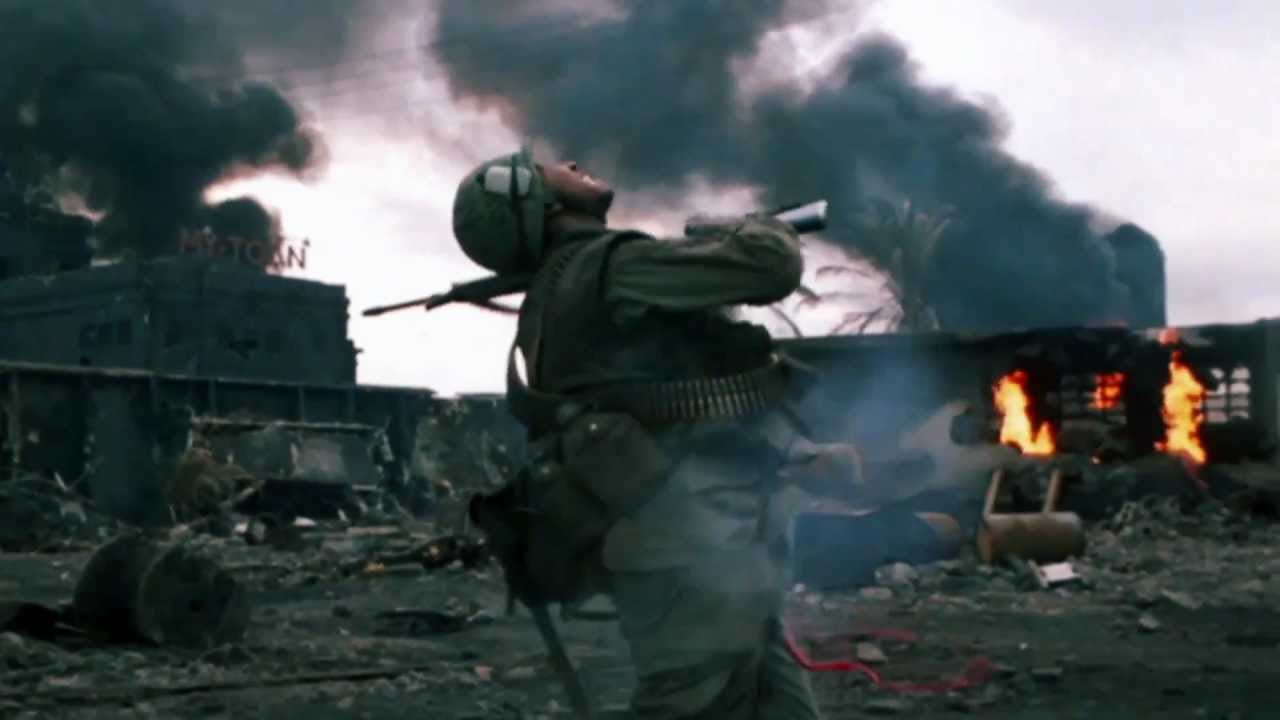 Full Metal Jacket is not just a war film; it’s a profound exploration of the human psyche under the stress of combat. The film’s themes of identity, camaraderie, and the loss of innocence resonate deeply, making it a timeless piece that continues to provoke thought and discussion about the nature of war. The performances, particularly by Ermey and Modine, are nothing short of exceptional, earning the film a place in cinematic history. 🏅📽️
Full Metal Jacket is not just a war film; it’s a profound exploration of the human psyche under the stress of combat. The film’s themes of identity, camaraderie, and the loss of innocence resonate deeply, making it a timeless piece that continues to provoke thought and discussion about the nature of war. The performances, particularly by Ermey and Modine, are nothing short of exceptional, earning the film a place in cinematic history. 🏅📽️
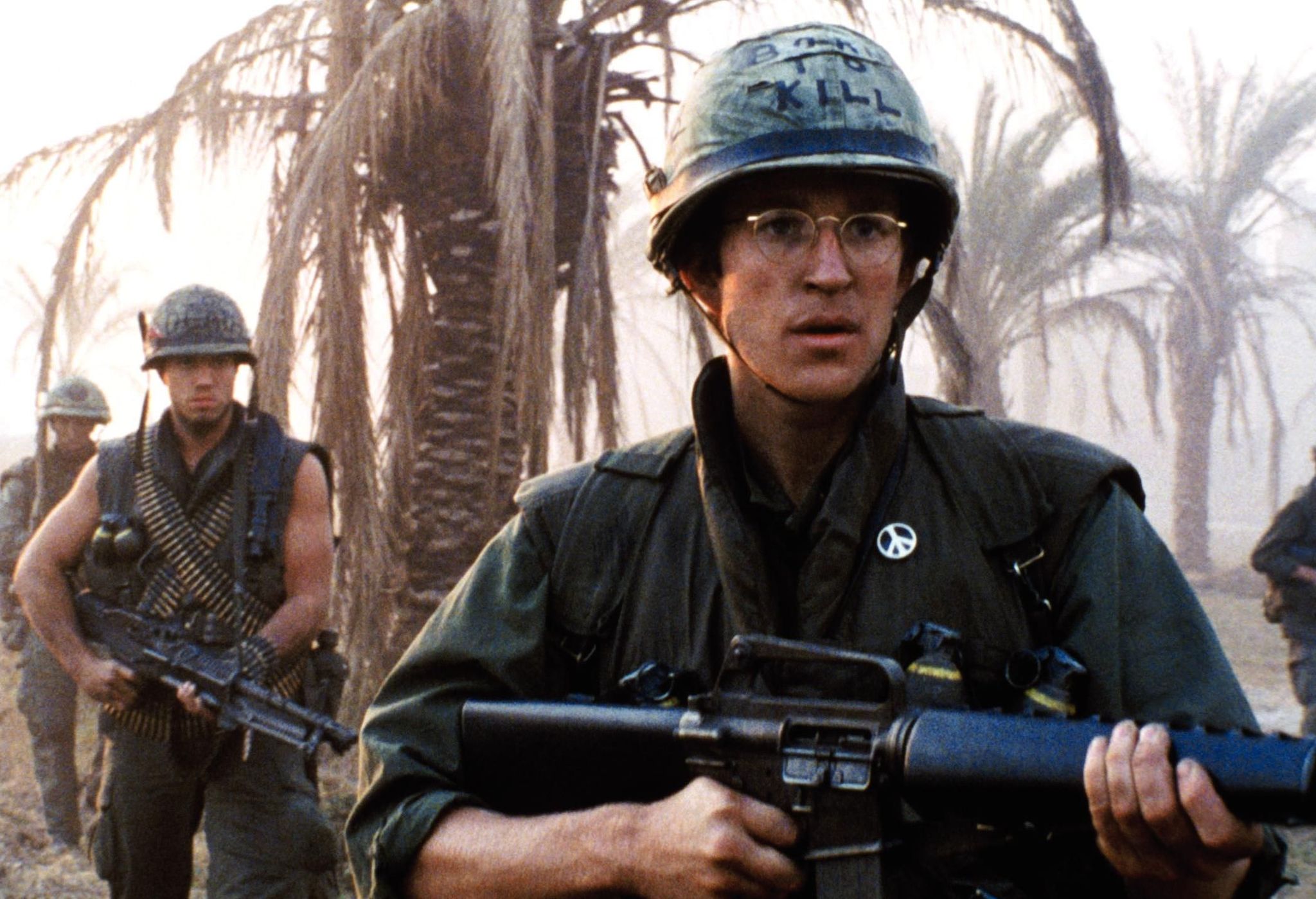
In conclusion, Full Metal Jacket is a masterfully crafted film that delves into the complexities of military training and the horrors of war. Its unflinching portrayal of the Vietnam War serves as a powerful reminder of the sacrifices made by soldiers and the lasting scars that conflict leaves on individuals and society. This film remains a must-watch for anyone seeking a deeper understanding of the psychological impact of war and the realities faced by those who serve. 🎬🌟






